Microsoft-Activision Deal: FTC's Appeal And Future Uncertainty
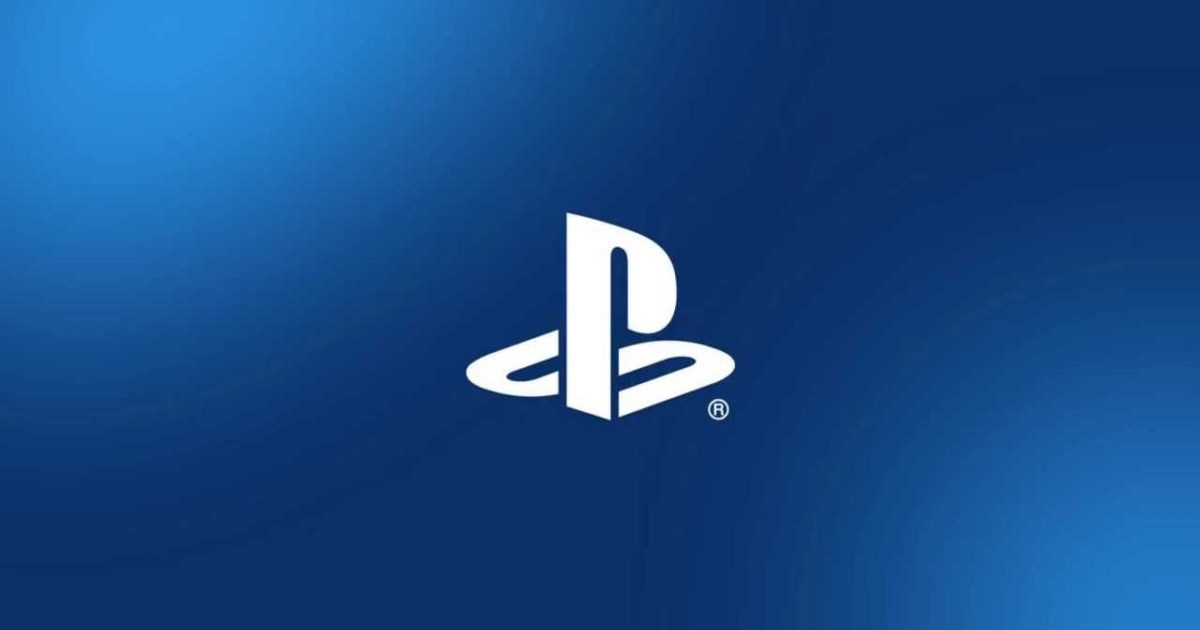
Table of Contents
The FTC's Arguments Against the Merger
The FTC's primary concern centers around the potential for anti-competitive practices resulting from the merger. They argue that the combined entity would create a gaming behemoth with an unfair advantage, potentially harming consumers.
Concerns about Anti-Competitive Practices
The FTC's arguments rest on several key concerns:
- Reduced competition in the console market: The merger would significantly strengthen Microsoft's position in the console market, potentially disadvantaging competitors like Sony's PlayStation. The acquisition of Activision Blizzard's vast portfolio of titles adds considerable weight to Xbox's lineup. This could lead to an uneven playing field.
- Potential for exclusive titles on Xbox, limiting player choice: The FTC fears that Microsoft might make popular Activision Blizzard franchises, like Call of Duty, Xbox exclusives, limiting player choice and forcing gamers to switch consoles or platforms. This move would directly harm competition and consumer choice.
- Impact on subscription services like Xbox Game Pass: The inclusion of Activision Blizzard games within Xbox Game Pass could further solidify Microsoft's dominance in the subscription gaming market, potentially harming rival subscription services and further limiting competition.
- Control over key gaming franchises: The merger would grant Microsoft control over iconic franchises like Call of Duty, Warcraft, Candy Crush, and many more. This level of control raises concerns about the potential for leveraging these franchises to stifle competition and consolidate market power.
Failure to Address Competitive Concerns
The FTC also contends that Microsoft failed to adequately address their concerns during the initial review process.
- Insufficient concessions offered by Microsoft: Microsoft's proposed concessions, aimed at appeasing the FTC, were deemed insufficient to mitigate the anti-competitive risks.
- Lack of convincing evidence to support Microsoft's claims of pro-competitive effects: Microsoft's arguments for the merger's pro-competitive effects were not persuasive to the FTC.
- Unrealistic behavioral remedies proposed by Microsoft: The FTC considered Microsoft's proposed behavioral remedies – actions taken to ensure fair competition – to be unrealistic and unlikely to prevent anti-competitive behavior.
The Judge's Ruling and the FTC's Appeal
The legal battle surrounding the Microsoft-Activision Deal has seen significant twists and turns.
The Initial Court Decision
A federal judge initially ruled against the FTC's attempt to block the merger, finding insufficient evidence of anti-competitive behavior that would substantially lessen competition.
- Summary of the judge's reasoning: The judge emphasized the lack of concrete evidence demonstrating that the merger would lead to substantial harm to competition.
- Key evidence considered by the court: The court considered various evidence presented by both sides, including market share data, competitor analysis, and Microsoft's proposed concessions.
- Analysis of the judge's interpretation of antitrust law: The judge’s interpretation of antitrust law and the application of the relevant legal precedents played a crucial role in the decision.
The FTC's Appeal Process
Unsatisfied with the initial ruling, the FTC appealed the decision, arguing that the judge misapplied antitrust law and that the merger would indeed harm competition.
- Details of the appeal process and timeline: The appeal involves a complex legal process with a specific timeline for filings, hearings, and a final decision.
- Key legal arguments presented by the FTC in its appeal: The FTC's appeal focuses on challenging the judge's interpretation of the evidence and the application of antitrust principles.
- Potential legal precedents that could influence the outcome: The appeal will likely consider and potentially establish new legal precedents in the context of mergers and acquisitions in the tech industry.
Potential Outcomes and Implications
The FTC's appeal could lead to several different outcomes, each with significant implications for the gaming industry.
Scenarios Following the Appeal
The possible outcomes include:
- Upholding the initial ruling: This would allow the merger to proceed, potentially leading to a reshaping of the gaming landscape.
- Reversing the ruling: This would block the merger, maintaining the status quo in the gaming market.
- Sending the case back to the lower court for further review: This would delay the final decision and potentially necessitate further evidence and proceedings.
Impact on Consumers and the Gaming Market
Regardless of the outcome, the Microsoft-Activision Deal will have a significant impact:
- Potential price increases for games and consoles: Depending on the outcome, consumers might see price changes for games and consoles. Increased market consolidation could lead to higher prices.
- Changes to game availability and accessibility: The deal's outcome will affect the availability and accessibility of Activision Blizzard games across different platforms.
- Long-term effects on innovation and competition: The decision will have profound long-term implications for innovation and competition within the gaming industry.
Conclusion
The FTC's appeal against the Microsoft-Activision Deal has injected considerable uncertainty into the future of the gaming industry. The outcome will have far-reaching consequences, influencing competition, pricing, and the availability of games for years to come. This ongoing saga will redefine the landscape of gaming mergers and acquisitions. Keep monitoring the developments of the Microsoft-Activision Deal for the latest updates and analysis to understand its full impact.

Featured Posts
-
 El Superalimento Que Revoluciona Tu Salud Adios A Las Enfermedades Cronicas Hola A Un Envejecimiento Saludable
May 21, 2025
El Superalimento Que Revoluciona Tu Salud Adios A Las Enfermedades Cronicas Hola A Un Envejecimiento Saludable
May 21, 2025 -
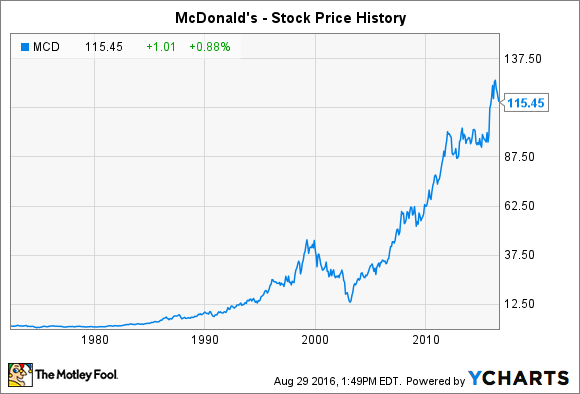 From Local Hero To Business Mentor A Louth Food Success Story
May 21, 2025
From Local Hero To Business Mentor A Louth Food Success Story
May 21, 2025 -
 Dexter Resurrection De Impact Van De Terugkeer Van John Lithgow En Jimmy Smits
May 21, 2025
Dexter Resurrection De Impact Van De Terugkeer Van John Lithgow En Jimmy Smits
May 21, 2025 -
 British Athlete Challenges Australian Ultrarunning Record
May 21, 2025
British Athlete Challenges Australian Ultrarunning Record
May 21, 2025 -
 The Goldbergs Cast Characters And Lasting Legacy
May 21, 2025
The Goldbergs Cast Characters And Lasting Legacy
May 21, 2025
Latest Posts
-
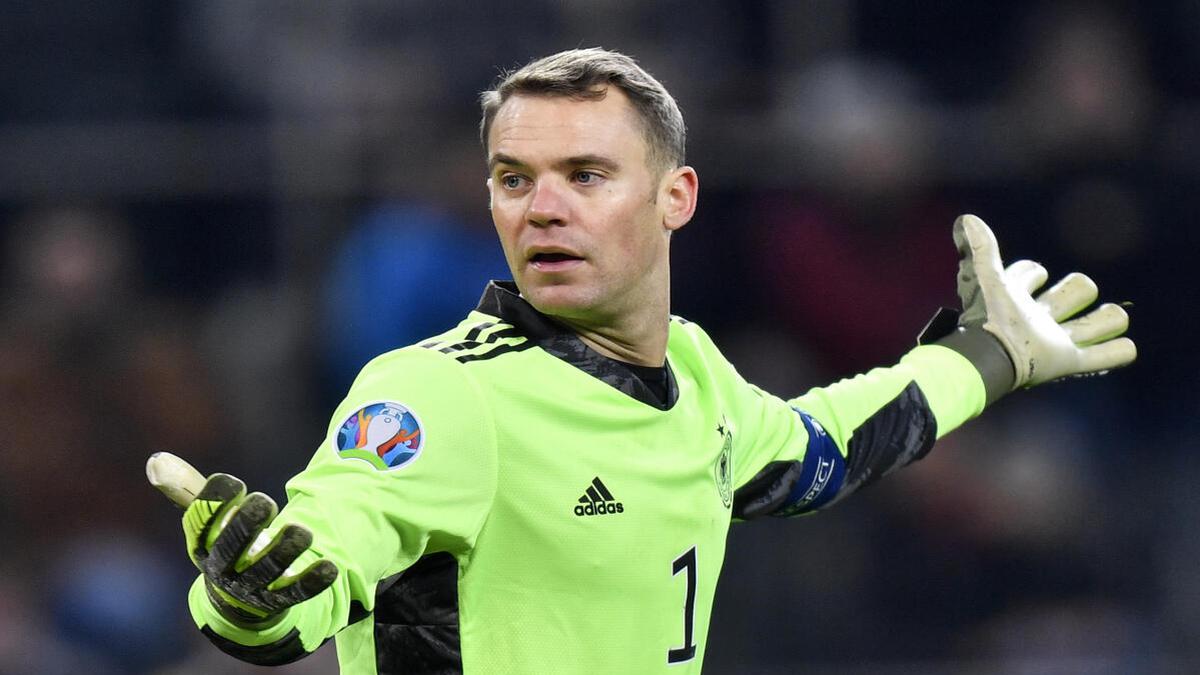 Goretzkas Nations League Call Up Nagelsmanns Germany Squad Announcement 03 13 2025
May 21, 2025
Goretzkas Nations League Call Up Nagelsmanns Germany Squad Announcement 03 13 2025
May 21, 2025 -
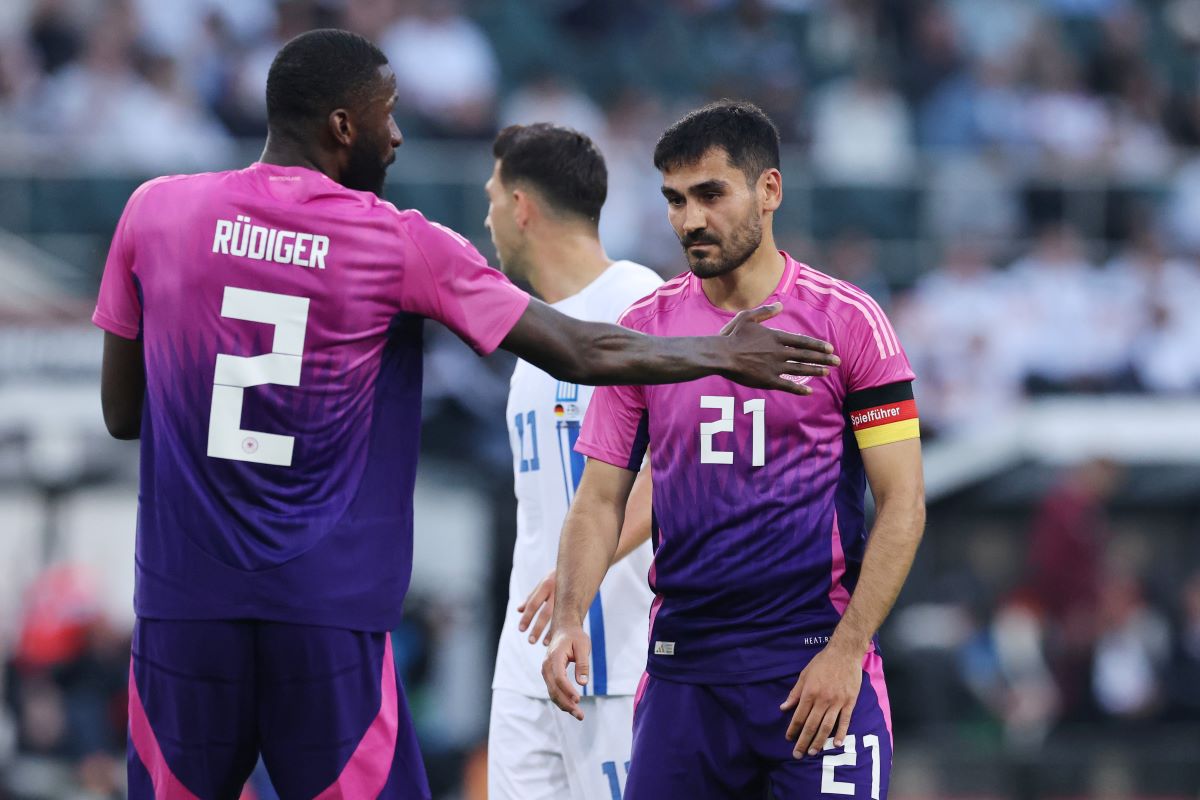 Can Germany Overcome Italy In The Quarterfinals
May 21, 2025
Can Germany Overcome Italy In The Quarterfinals
May 21, 2025 -
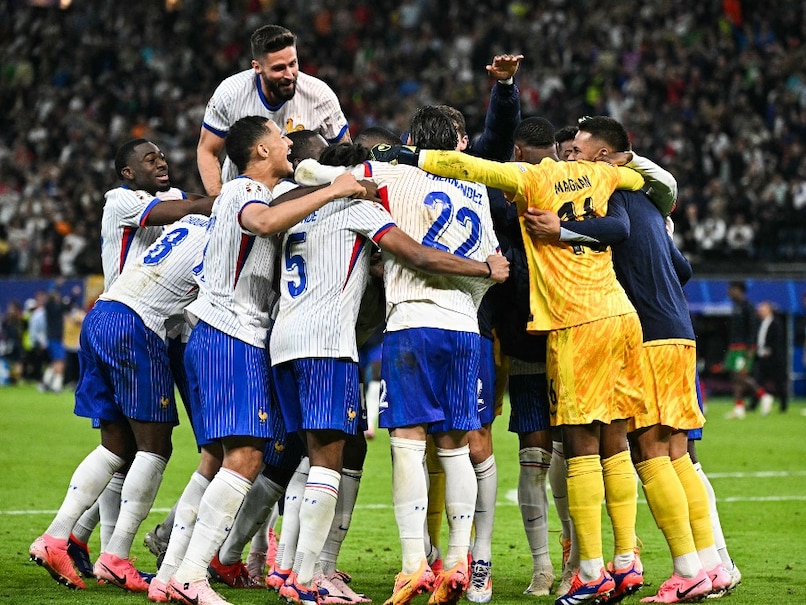 Euro 2024 Germanys Quarterfinal Clash Against Italy
May 21, 2025
Euro 2024 Germanys Quarterfinal Clash Against Italy
May 21, 2025 -
 Germany Determined To Beat Italy In Euro Quarterfinals
May 21, 2025
Germany Determined To Beat Italy In Euro Quarterfinals
May 21, 2025 -
 Bangladeshinfo Com Exploring Bangladesh Through Detailed Information
May 21, 2025
Bangladeshinfo Com Exploring Bangladesh Through Detailed Information
May 21, 2025
